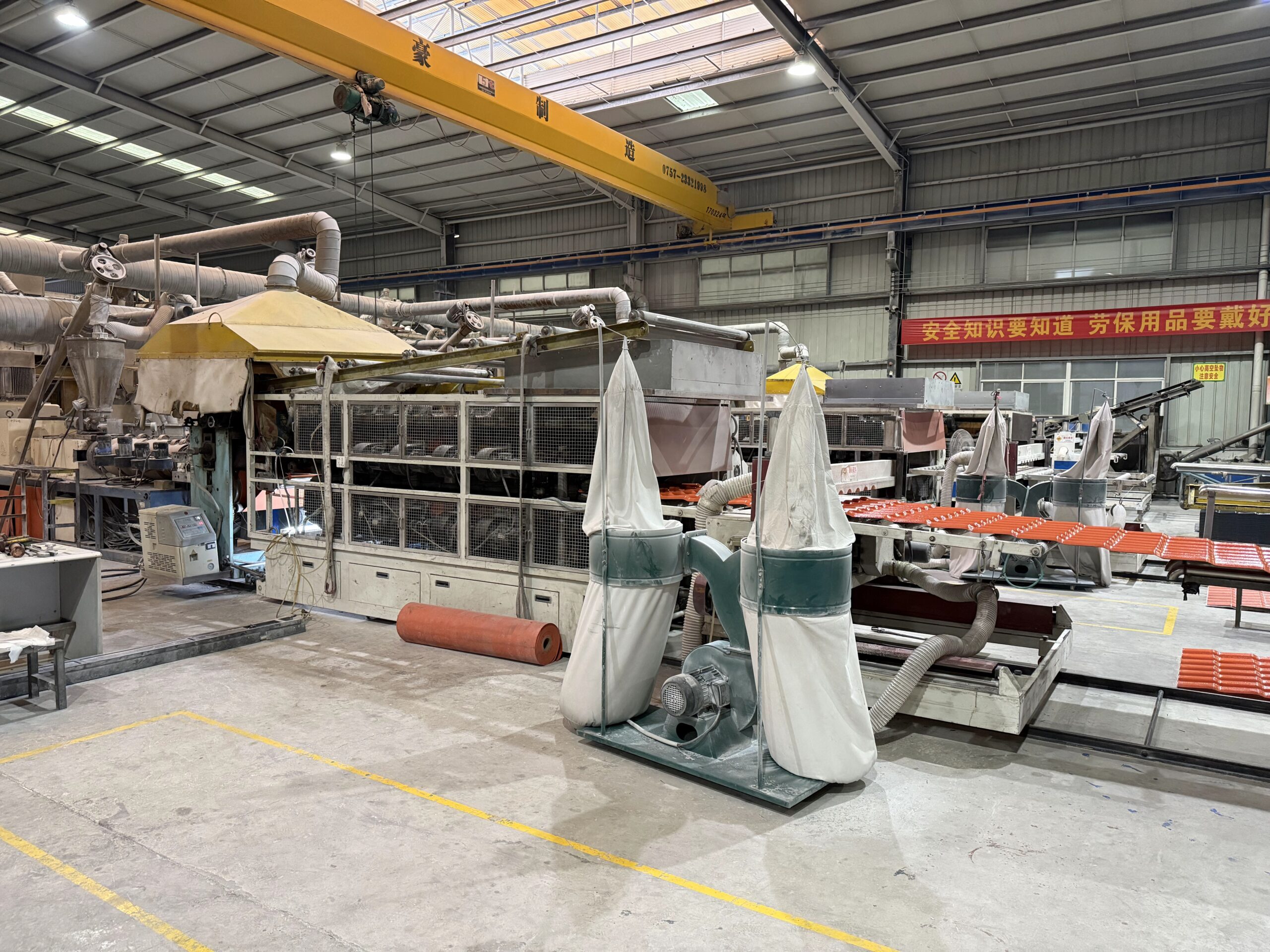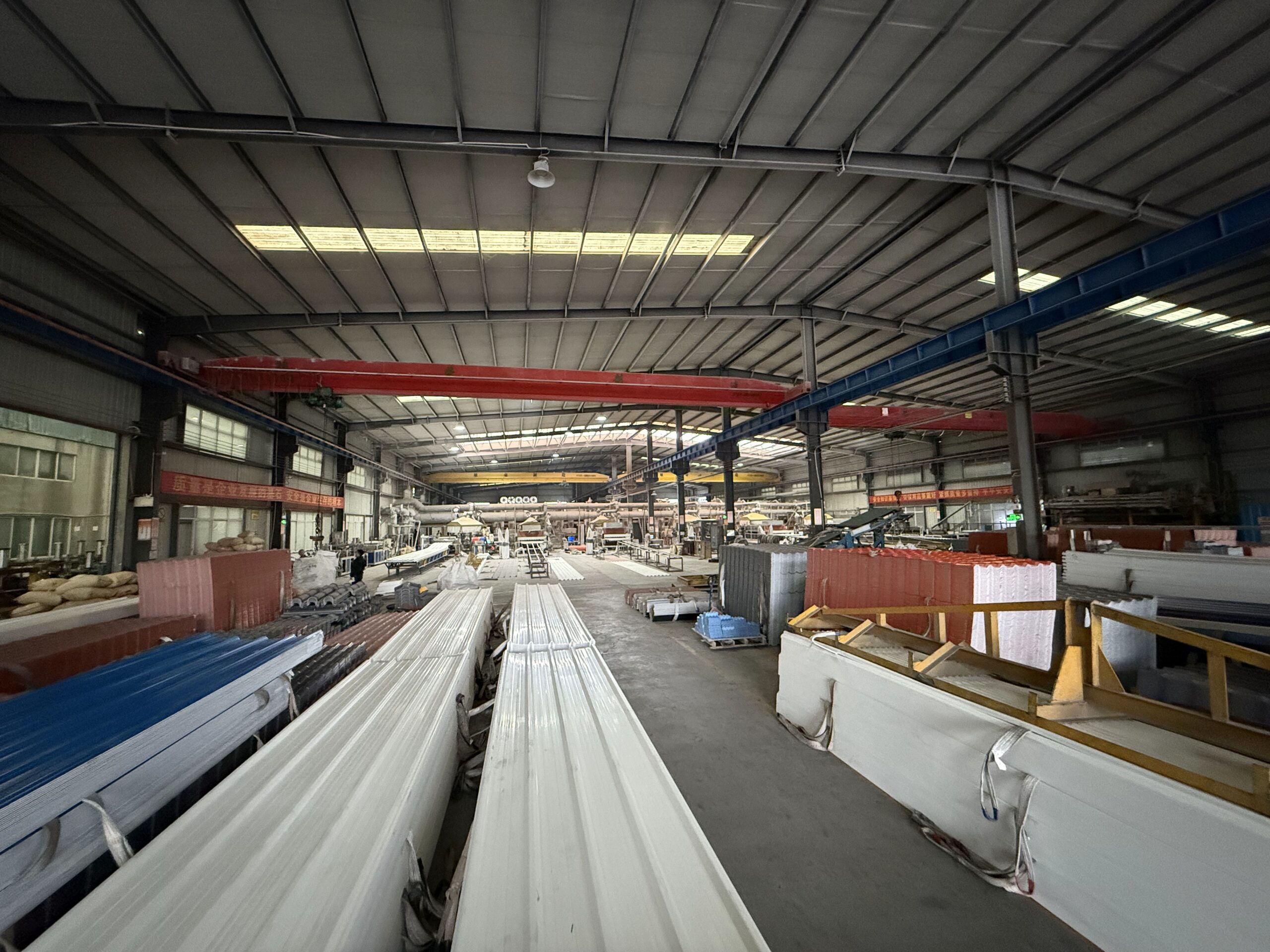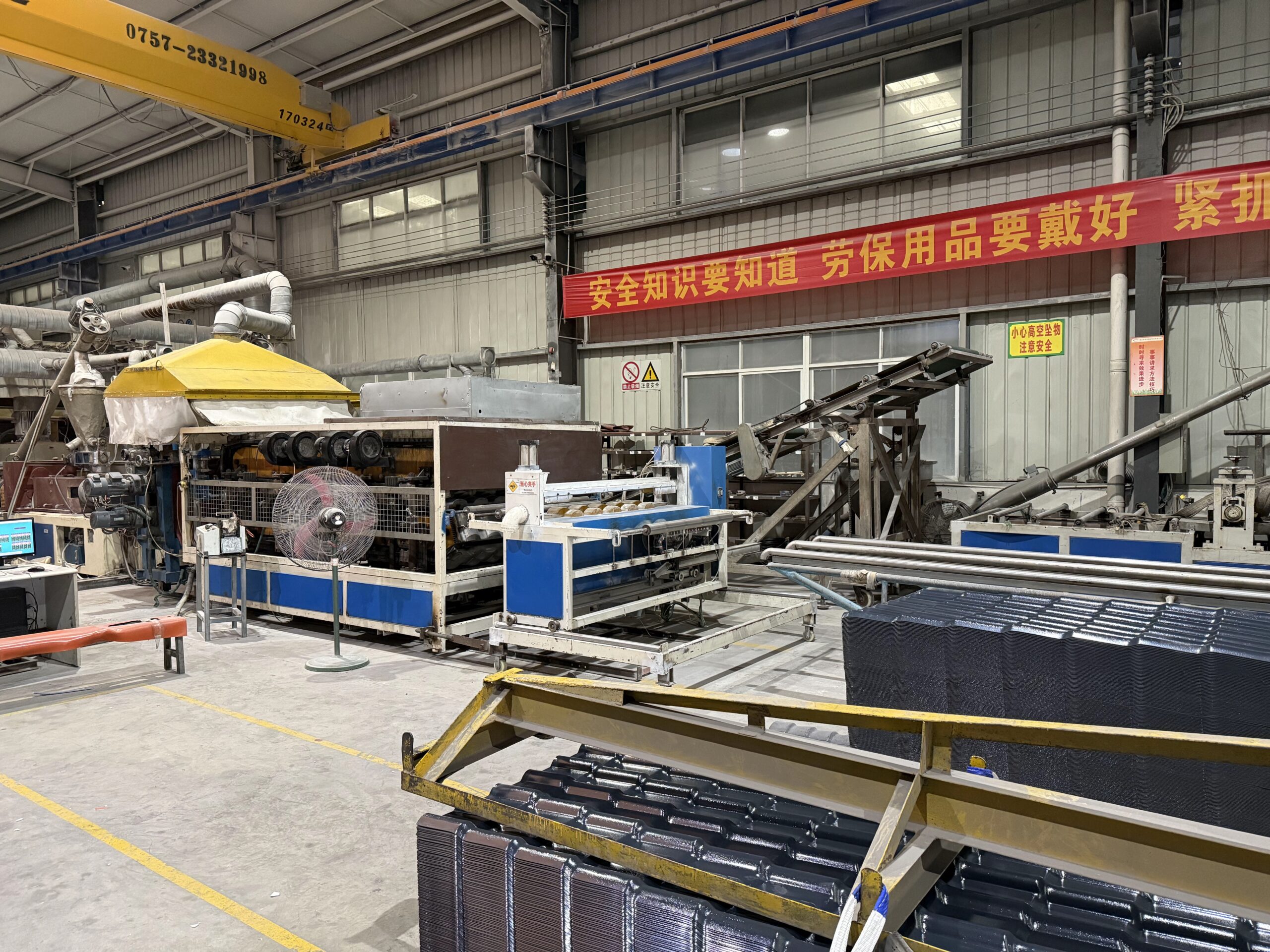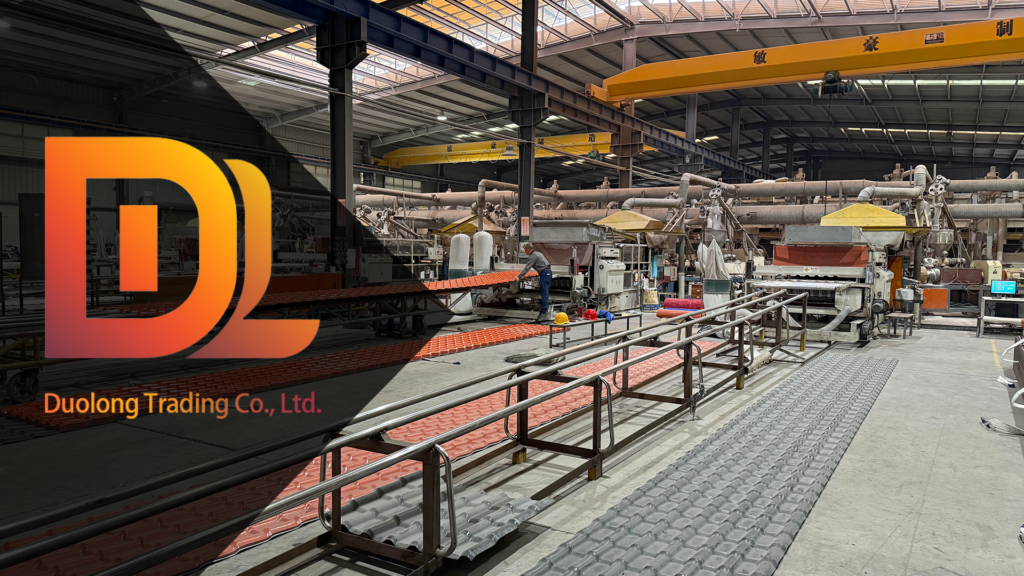Southeast Asia is one of the fastest-growing construction markets in the world, with rapid urbanization, government-led infrastructure projects, and increasing demand for durable roofing materials. At the same time, roofing regulations across ASEAN countries are becoming stricter, with higher requirements for fire resistance, weather durability, energy efficiency, and sustainability. For wholesalers, contractors, and government project buyers, compliance with local building codes is no longer optional but a decisive factor in securing contracts and winning trust. Roofing material compliance ensures not only safety and performance but also smooth project approvals and access to larger market opportunities. This article explores the key roofing material regulations in Southeast Asia and how industry players can adapt to these standards for long-term success.
Overview of Roofing Material Regulations in Southeast Asia
Vietnam Vietnam’s construction standards place strong emphasis on weather durability and resistance to heavy rainfall. Roofing materials must demonstrate high load-bearing capacity to withstand tropical storms and long rainy seasons. In addition, regulations encourage energy-efficient and eco-friendly roofing solutions to align with the country’s sustainability goals. For wholesalers and contractors, products like ASA synthetic resin tiles or FRP sheets that pass durability and environmental standards are highly suitable for Vietnamese projects.
Thailand Thailand’s building codes are particularly strict about fire resistance and thermal insulation. Roofing materials used in residential, commercial, and public buildings must meet fire safety certifications and provide adequate heat protection under intense sunlight. Contractors working on hotels, malls, or residential developments must ensure roofing compliance with these regulations, as non-certified materials can disqualify projects from approval.
Indonesia Indonesia emphasizes eco-friendly construction standards and local certification processes. Roofing materials must meet durability requirements under humid and coastal climates, while also conforming to green building codes that reduce carbon impact. Importers and wholesalers must navigate local certification systems, which often require third-party testing and government approval before materials can be distributed in the market.
Malaysia & The Philippines Both Malaysia and the Philippines face frequent typhoons and heavy rainfall, which makes wind resistance and waterproofing top priorities in their roofing regulations. Building codes require roofing systems to withstand high wind speeds and prevent leakage during extreme weather. For wholesalers and project developers, offering certified storm-resistant materials is essential to winning bids in government and private projects.

Common Regulatory Requirements Explained
Fire Resistance and Safety Certifications Across Southeast Asia, roofing fire resistance is one of the most critical requirements. Materials must meet local or international fire safety standards (such as EN, ISO, or CE certifications) to ensure that buildings are protected in case of fire. For contractors, using non-certified roofing can lead to project rejection or severe penalties.
Weather Durability and Corrosion Resistance Due to tropical climates, roofing materials must withstand high humidity, heavy rainfall, and strong UV radiation. Weatherproof roofing standards demand that materials resist rust, cracking, fading, and corrosion, particularly for livestock barns and coastal projects. Wholesalers who supply long-lasting and corrosion-resistant products gain a clear competitive advantage in these markets.
Energy Efficiency and Eco-Friendly Standards Many Southeast Asian countries are aligning with global sustainability goals, requiring roofing materials that improve energy efficiency and support green building practices. This includes thermal insulation, reduced heat absorption, and compliance with eco-friendly certifications. Contractors and developers that meet these requirements not only reduce operating costs for clients but also qualify for green construction incentives.
Product Certification and Import Regulations Importers and wholesalers must ensure that roofing products comply with certification and inspection procedures before entering the market. Many ASEAN countries require third-party testing, local authority approval, and proper documentation for roofing materials. Without compliance, products face customs delays, fines, or bans, which directly affects supply chain efficiency.

Impact on Wholesalers and Contractors
Wholesalers For building material wholesalers, roofing compliance is directly tied to market access. Without proper certification and adherence to ASEAN roofing regulations, products cannot enter the procurement lists of government projects or large construction firms. Certified roofing materials, such as ASA tiles or FRP skylight sheets, help wholesalers differentiate themselves in competitive markets. By stocking compliant products, wholesalers reduce the risk of regulatory delays, avoid rejected shipments, and build stronger trust with distributors and end clients.
Contractors For contractors, compliance with local building codes is essential to secure contracts and avoid project penalties. Using non-certified roofing materials may cause project delays, rework, or even disqualification during government inspections. Contractors who proactively adopt certified and durable roofing solutions demonstrate professionalism and reliability, giving them an advantage in bidding for government housing projects, commercial developments, and infrastructure contracts.
Government Project Buyers Government-backed housing and infrastructure programs in Southeast Asia often set strict entry criteria, where roofing certification is a baseline requirement. Only suppliers and contractors with compliant materials can qualify to participate. This means wholesalers and contractors who align their supply chain with local standards unlock direct access to larger, more profitable opportunities.
How Businesses Can Adapt to Regulations and Strengthen Competitiveness
Choose Roofing Materials with International Certifications Wholesalers and contractors should prioritize roofing products that already carry international certifications such as ISO, CE, or SGS. These certifications are widely recognized across ASEAN markets and help streamline local approval processes. For example, ASA synthetic resin tiles and FRP skylight sheets that meet these standards are more easily accepted in both government and private projects.
Build a Compliance Product Portfolio Wholesalers can strengthen their market position by creating a clear product catalog highlighting certified and compliant roofing solutions. This not only improves trust with contractors but also provides a ready reference for government project buyers. Having an established compliance portfolio demonstrates reliability and professionalism.
Collaborate with Manufacturers for Documentation and Testing Contractors and wholesalers should work closely with manufacturers to obtain product test reports, technical datasheets, and compliance documents. Partnering with suppliers who provide complete documentation ensures smoother project approvals and faster customs clearance for imported roofing products.
Highlight Compliance as a Market Advantage Marketing efforts should emphasize compliance with local building codes as a key selling point. Contractors who promote their use of certified roofing materials stand out in competitive bidding. Similarly, wholesalers that advertise “ASEAN-compliant roofing materials” are more likely to gain trust from developers and government buyers.

Conclusion and Recommendation
Compliance with roofing material regulations in Southeast Asia is no longer just a legal requirement—it is a decisive factor for success in the construction supply chain. Governments, developers, and contractors increasingly demand certified roofing materials that meet fire safety, weather durability, and eco-friendly standards. Wholesalers and contractors who fail to align with these regulations risk project delays, financial penalties, and lost opportunities.
On the other hand, those who embrace compliance turn regulations into a competitive advantage. By offering certified roofing materials such as ASA synthetic resin tiles and FRP skylight sheets, businesses can secure entry into government projects, strengthen trust with contractors, and expand into high-value markets across ASEAN. Compliance is not just about risk prevention—it opens the door to larger contracts, smoother operations, and stronger partnerships.
At Duolong, we understand the complexities of Southeast Asia roofing regulations and provide roofing solutions that are tested, certified, and trusted. Our product lines are designed to meet international standards while adapting to tropical climates and local building codes. Contact Duolong today to request free samples, certification documents, and customized quotations. With the right roofing compliance strategy, your business can achieve sustainable growth and long-term profitability in the competitive ASEAN construction market.


